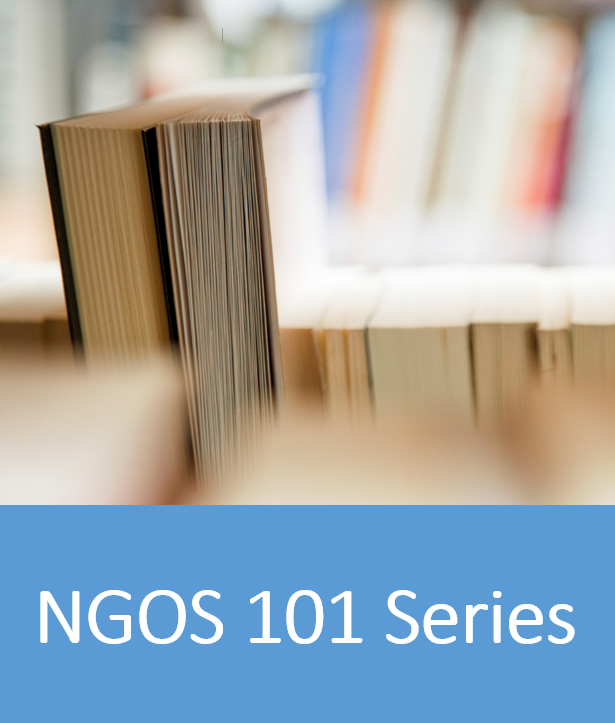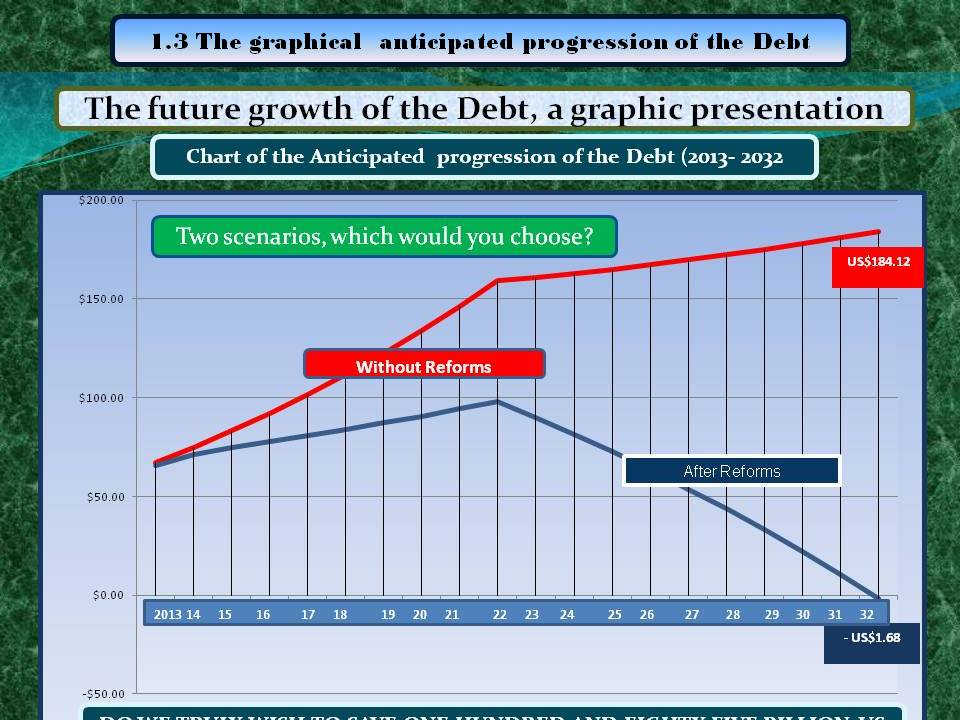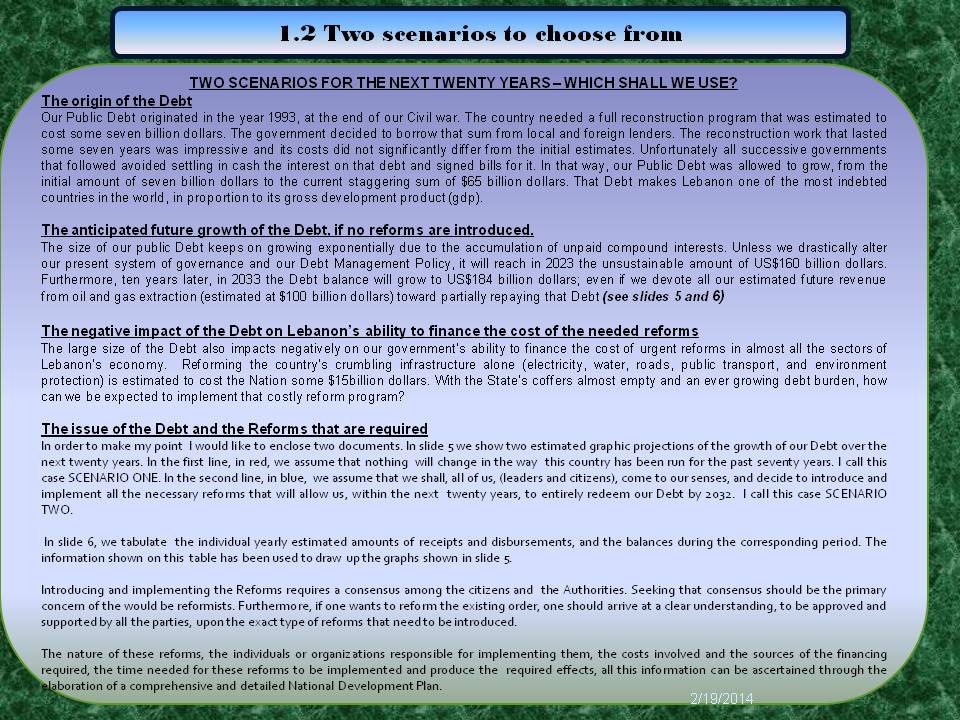Introduction
Why do we need a Plan in Lebanon?
In addition to the obvious economic and social incentives that plainly justify all efforts to revise and improve upon our current policies, there are other important considerations that make it imperative for our government to introduce within the public Administration, along with some urgently needed reforms, a modern system of participative planning.
Lebanon is a relatively small country with a population estimated at four and a half million inhabitants. The citizens belong to a mosaic of eighteen different religious communities. The political system in place is, what you may call, the closest thing to democracy in a region where dictatorship was until recently the norm. However, a small ruling business class in Lebanon has monopolized most of the economic advantages to the detriment of the underprivileged majority. At election time, several opposing political parties led by clan heads or “zaims” vie to entice the voters by offering them monetary inducements instead of a political program. To make matters worse, corruption has reached unprecedented heights at all levels of the public Administration.. All the efforts to fight these huge challenges have, so far, proved unsuccessful.
The Quiet Revolution
A brief overview of the project
Ever since Lebanon acquired its full independence in 1945, all the succeeding Heads of States have unsuccessfully tried to introduce some essential reform plans within our country’s Public Administration. In our opinion, the reason behind their relative failure, is due to the wrong approach that was invariably adopted.
All the attempts at reforms were exclusively undertaken on a top down process, in the sense that the initial instructions were given by the Head of State or the Prime Minister to some members of the ministerial cabinet to proceed with the sought initiatives within his or her Ministry. Most of these initiatives were never implemented because, upon the departure of the Minister concerned, his Plan was automatically discarded by his successor and relegated to the archives. Considering that the average life span of a government has seldom exceeded one and a half year in Lebanon, no wonder that not a single plan has been implemented during the past two decades.
The approach that we propose to adopt will be a combined top down and bottom up approach that intends to bring the two major participants in any National Development Project , the State Authorities and the citizens, to meet halfway within and during the process and equally participate in its implementation. The graph displayed in the following slide indicates how the process is visualized..
The Quiet Revolution
Proposed methodology
We intend to use a clearly defined and pre-agreed upon methodology to undertake the research, the study, and the elaboration of the Lebanese National Development Plan (LNDP).
This methodology consists in using a nine questions approach to solve any of the numerous problems that we shall be confronted with during our undertaking. These questions are:
1.What does the problem consist of?
2.Why do we need to solve it?
3.How shall we proceed to solve it?
4.How long will it take to solve it?
5.When should we start?
6.Who will be involved?
7.How much will the solution cost?
8.Where shall we acquire the funding from?
9.Who will monitor the execution?
A.- PLAN PREPARATORY PHASE
The Quiet Revolution – A proposed procedure
A.- PLAN PREPARATORY PHASE
1. Study the existing Lebanese Plans
2. Study the Irish Plan and some other successful foreign Plans
3. Agree upon a unified approach to Plan study
4. Agree upon a single basic Plan architecture
5. Allocate Plans among teams and team members
9. Draw up some lists of potential collaborators/participants
B. –INFORMATION, COLLECTION, STUDY & EVALUATION PHASE
10. Collect information from available sources
11. Evaluate information obtained
12. Discuss evaluated information with outside collaborators
13. Draw up preliminary execution programs
14. Discuss preliminary programs with outside collaborators
C. – PLAN ELABORATION PHASE
15. Receive and study all written suggestions
16. Introduce modifications as needed
17. Redraw draft plans and distribute to all concerned
18. Study the draft plans with UNDP/CDR/Experts
19. Study the draft plans with consultants
20. Study the draft plans with the parliamentary commissions
21. Study the draft plans with the Minister and his assistants
22. Redraw the final draft plan and forward to the Council of Ministers
The Quiet Revolution – Conclusion
The implementation of a results oriented Lebanese National Plan will allow the Authorities to:
1. Substitute a policy of crisis prevention through forward planning to the haphazard reactions to crisis that have been the norm in our Administration.
2. Carry on sustainable economic development and an effective employment growth policy.
3. Plan for a scheduled overhaul of the country’s infrastructure.
4. Allow all citizens an easy access to superior quality education and health services.
5. Promote Social Inclusion and assist the underprivileged members of society.
6. Lay down the foundations of an effective, fair and balanced fiscal strategy.
7. Build some sound financial and monetary policies
8. Consider a new approach to public debt containment.
9. Review and agree upon a clear privatization strategy.
10. Accurately evaluate the prospects of the latest oil and gas discoveries along the shores of Lebanon and pursue actively the confirmation of our rights to exploit these resources.
11. Share with our DIASPORA the task and the means to reform our Society and our Institutions.
12. Effectively combat corruption in all its forms.
13.- Last, but not least, the LNDP will serve to convince the Authorities to recognize the natural rights of the citizens, associate them directly to the governance process through clear and transparent dissemination of information, and encourage them to monitor, on a regular basis, the implementation of the National Plan. In this way we aim to fulfill the recommendation given by Thomas Jefferson to his people in 1781 that we quoted at the outset of this report, and heed the call made two centuries later by President John Kennedy: “And so, my fellow Americans, ask not what your country can do for you; ask what you can do for your country..”






